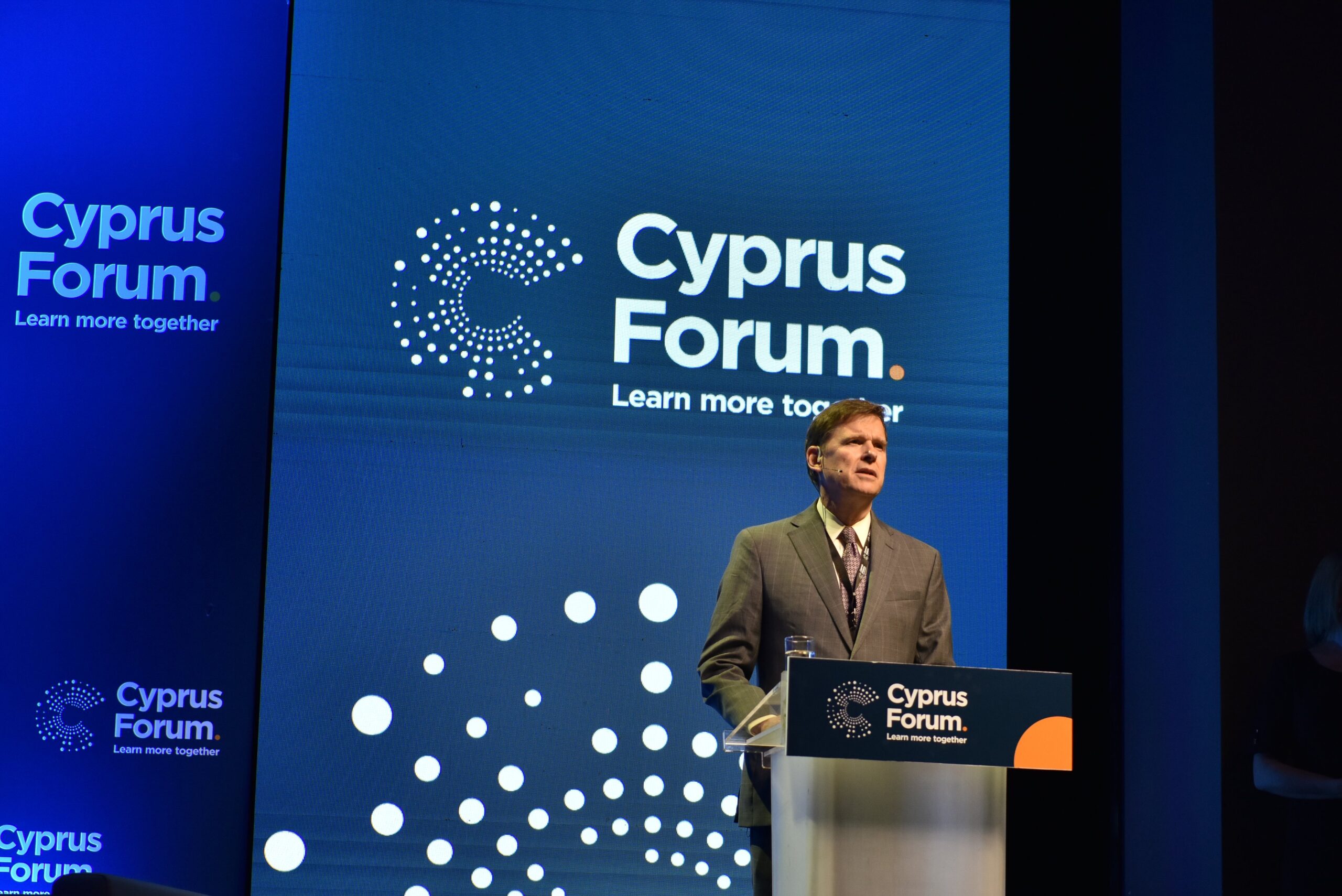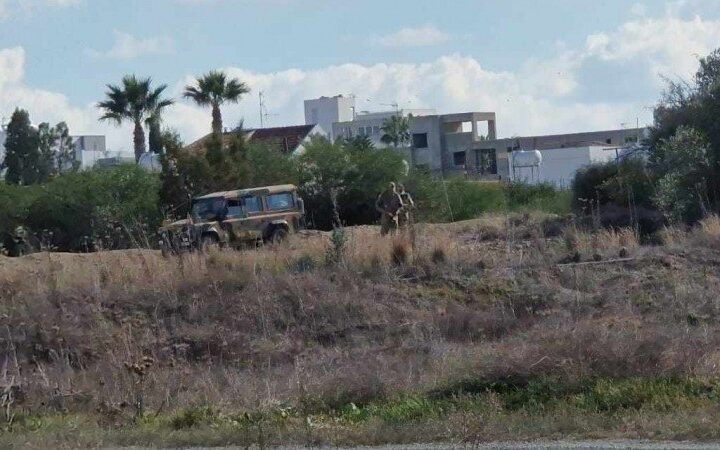The United Nations is extremely concerned that the option of a mutually-agreeable settlement of the Cyprus conflict is fading beyond reach.
This was the stark message of UN head of mission Colin Stewart during a speech at the Cyprus Forum in Nicosia.
Stewart said: “There is currently a political impasse with regard to the Cyprus problem. The positions of the two sides are indeed far apart – they cannot even agree on what settlement talks would be about, let alone the conditions for coming back to the table.
“I do not think this impasse is necessarily insurmountable in the medium term, but realistically I don’t see much prospect of talks before the coming elections on the island and in the region over the next year.
“And after those elections, we may find ourselves in a new context, for better or worse. It is impossible at this point to predict.
“While there may be a dim prospect of talks anytime soon, there is something much more fundamental at stake at this moment.
“I am extremely concerned that the option of a mutually-agreeable settlement of the conflict – in other words, a formula for reunifying the island acceptable to both parties – is fading and will not be available much longer.”
The UN official believes “the separation of the island is growing, and the integration of the north – economically and politically – with Turkey is accelerating due to the very difficult economic situation.”
He argued that greater dependence of the north on Turkey necessarily means less interdependence between the two sides of the island.
“If present trends continue, the idea of a mutually agreeable settlement will soon become unviable.
“So we are running out of time and cannot afford to simply wait until the next time the two sides are ready to talk.”
Stewart said, “the economic stress in the north and growing economic divide between the two sides of the island also breeds resentment and lack of trust between them.
“I hear from many Turkish Cypriots that they are unhappy about the current trend, but they see no alternative.
“Providing a north-south alternative would be a major step – perhaps the most crucial step – towards reviving the hope for a comprehensive settlement.”
He said the economic disparity between the more affluent Greek Cypriots and struggling Turkish Cypriots creates adjustment challenges, making settlement agreements even harder.
“For all these reasons, the dire economic situation in the north undermines the prospects for a settlement.
“It is not, as some people continue to believe, helping move the north towards a settlement.”
He feels that most Cypriots want the island’s division to end.
“But they are losing hope. And when the population no longer have any enthusiasm for a settlement, it is hard to imagine political leaders forging an agreement on their own initiative.
“Nothing brings people together more quickly and more strongly than economic interest.
“Expanding trade and business links, and ensuring the infrastructure to support them, is the surest way to rehabilitating confidence in a settlement.
“Integrating the island in practice paves the way for a political solution.”










